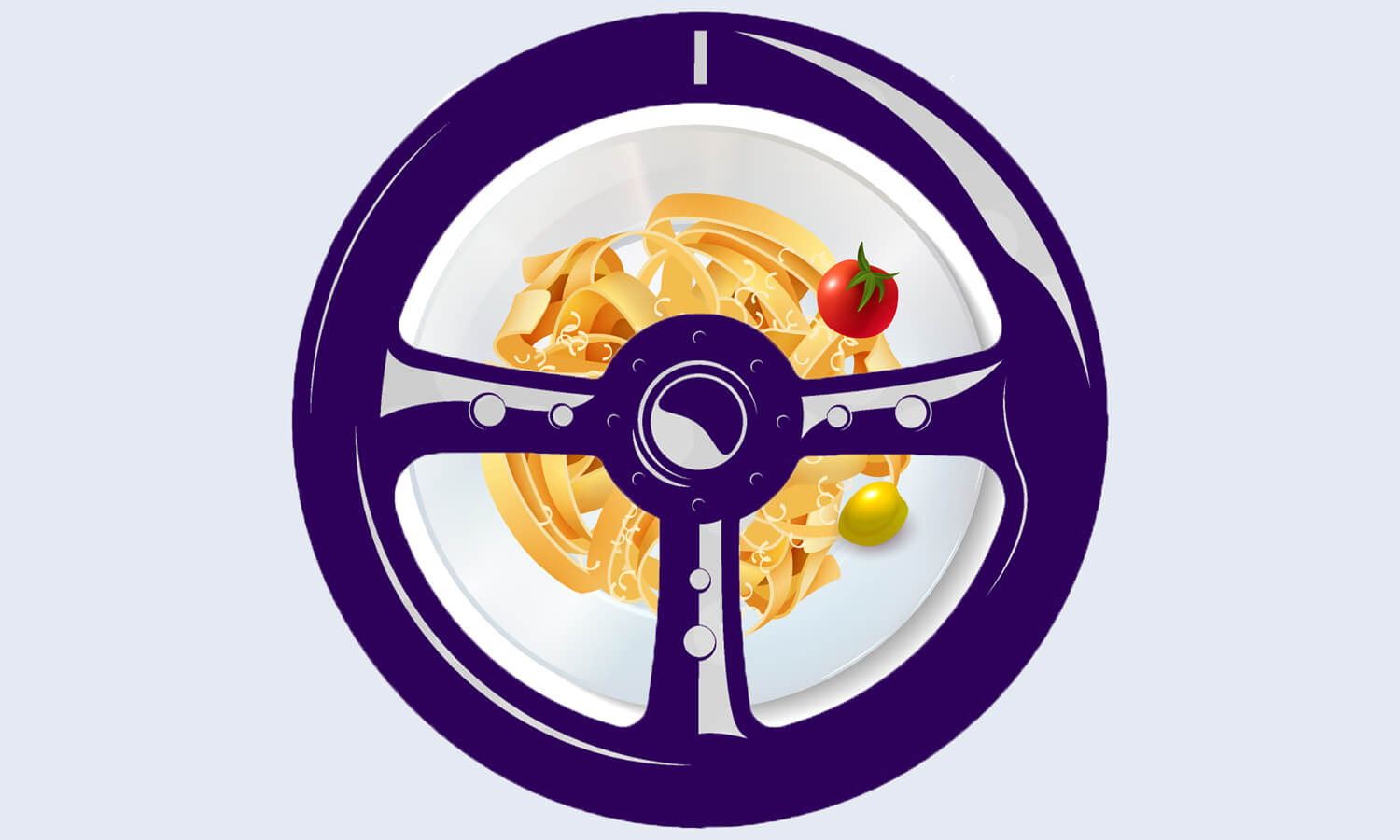You’re buying a new $60,000 sedan, so you take out a loan in that amount at 4.99% for six years (72 months). This loan has monthly payments of $966 (72 in total). You borrowed $60,000, but the amount you’ll repay (72 payments of $966) is $69,500. The extra $9,500 is the interest on this loan, the cost of borrowing $60,000 at $4.99% for 6 years.
- Loan amount: $60,000
- Interest rate: 4.99% APR
- Loan term: 6 years (72 months)
- Monthly payment: $966
- Total repayment: $69,500
- Total interest to be paid: $9,500
Let’s do one more case study, to really drive the exercise home.
You’re buying a new compact car for $30,000 during a promotion with 1.99% APR financing for four years (48 months). Financing and car loans are the same thing, and so is the math from earlier: this loan has 48 monthly payments of $651, which total $31,235, or $1,235 more than the $30,000 you borrowed. So, the interest on this loan is $1,235, or the cost of borrowing $30,000 at 1.99% for four years.
- Loan amount: $30,000
- Interest rate: 1.99% APR
- Loan term: 4 years (48 months)
- Monthly payment: $651
- Total repayment: $31,235
- Total interest to be paid: $1,235
Too much math? Don’t worry, you likely won’t need to do these calculations in real life. Your lender should outline them (definitely ask them to), and it’s also easy to “run some numbers” by plugging hypothetical data into an online loan calculator.
Your car loan can cover costs for the car, such as accessories and add-ons, too. Things like bike racks, trailer hitches, all-weather floor mats, cargo carriers, winter tire and rim packages and paint and upholstery protection can all be added to the amount of the loan or financing, spreading their cost out over time just like the purchase price of the vehicle itself.
Check out these interest rates available right now for car loans.
| Lender | Loan term | APR | Loan amount | Minimum credit score |
|---|---|---|---|---|
| Spring Financial* | 6 months to 5 years | 9.99% to 46.99% | $500 to $35,000 | N/A |
| Scotiabank | 1 to 5 years | 6% to 10% | $5,000 to $75,000 | Undisclosed |
| BMO | 1 to 5 years | 8.99% to 22.99% | $2,000 to $35,000 | Undisclosed |
| TD Bank | 1 to 7 years | 8.99% to 23.99% | $5,000 to $50,000 | 650 |
| CIBC | 1 to 5 years | 9% to 10% | $3,000 to $200,00 | Undisclosed |
| RBC | 1 to 5 years | 9% to 13% | No minimum or maximum listed | Undisclosed |
| Mogo | 6 months to 5 years | 9.90% to 46.96% | $500 to $35,000 | N/A |
| Fig Financial* | 2 years to 5 years | 8.99% to 24.99% | $2,000 to $30,000 | 680 |
| MDG Financial | 3 years | 29.78% to 44.80% | $1,600 maximum | 560 |
| Easyfinancial | 9 months to 10 years | 9.90% to 46.96% | $500 to $20,000 | N/A |
How are car loans different from other loans?
It might seem similar, but there are some nuances when looking at secured versus unsecured loans. “Car loans are considered a ‘secured’ loan because the purchased car is collateral in case of a loan default,” explains Gray. The loan is secured by an asset. “Because of the collateral, the interest rates are often lower than a personal loan, and the terms of the loan are perhaps easier for the vehicle buyer to qualify for. With a personal loan, you can buy anything you want (including a car). Because collateral is not needed, the interest rates are often higher, and the borrower might need a higher credit score to qualify.”
Canadians don’t always research the best rates for car loans, even if doing so could save them money.

